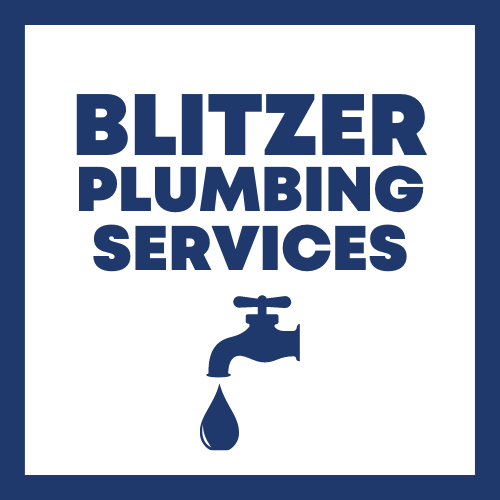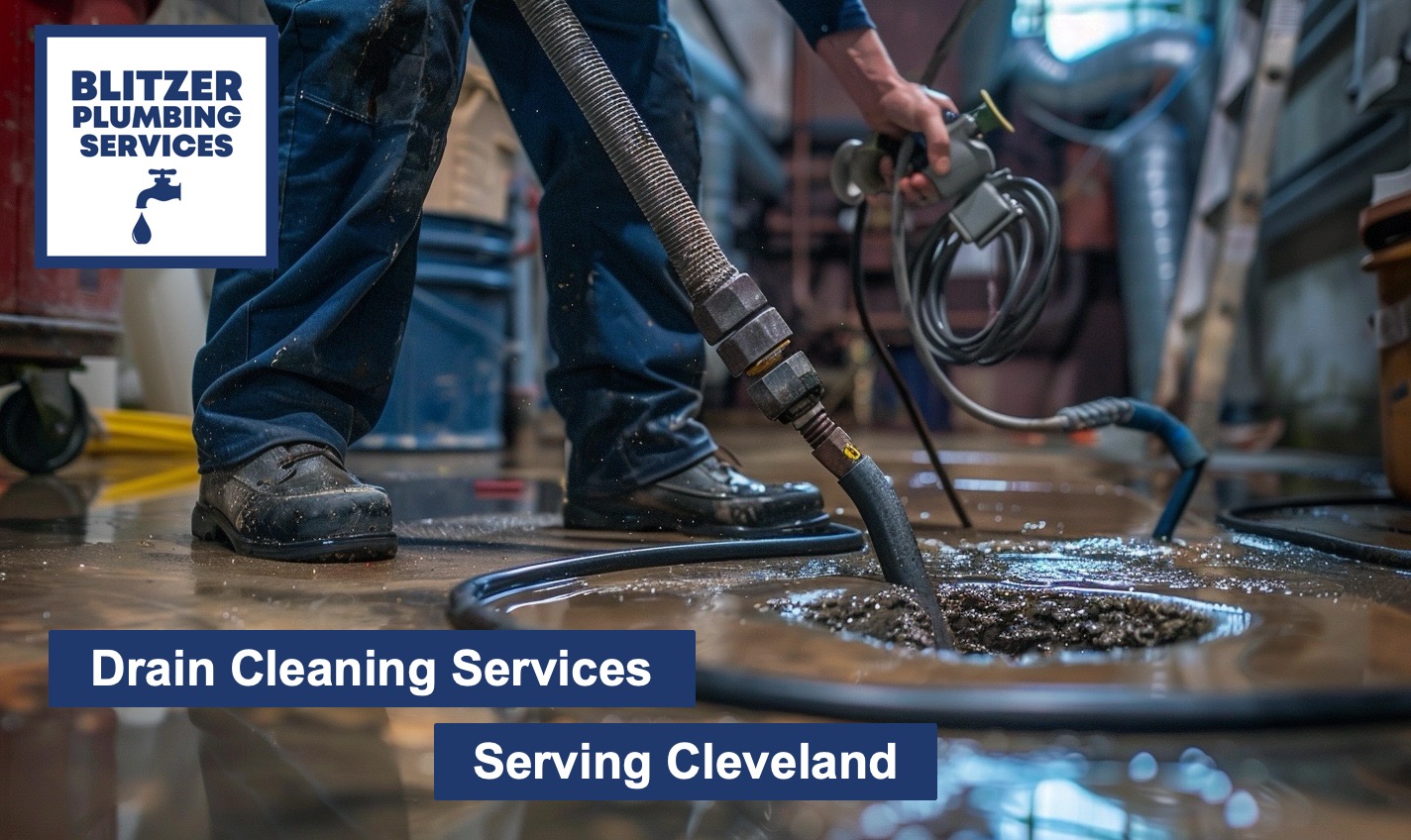Understanding Slow Drains: A Comprehensive Guide
Common Causes of Slow Drains
Drain Blockage
Slow drains are often caused by drain blockages, which occur when debris such as hair, soap scum, and food particles accumulate inside the drainage pipes. These blockages restrict the flow of water and can lead to slow drainage or complete clogs. Over time, the buildup of debris can worsen, exacerbating the problem and requiring professional intervention.
Clogged Pipes Cause Slowing of Your Drainage
Clogged pipes are another common culprit behind slow drains. When foreign objects or substances accumulate inside the pipes, they can obstruct the flow of water and impede drainage. Common items that contribute to clogged pipes include grease, oil, paper products, and sanitary wipes. If left untreated, clogged pipes can lead to more severe plumbing issues, such as sewage backup and pipe damage.
Effects of Slow Drains on Plumbing Systems
Water Backup
One of the most noticeable effects of slow drains is water backup. When drains are unable to efficiently remove wastewater from sinks, showers, and toilets, water can accumulate and eventually overflow. This can result in water damage to floors, walls, and ceilings, as well as potential mold growth. Water backup is not only inconvenient but also poses health risks to occupants and may necessitate costly repairs.
Plumbing Issues
Slow drains can also contribute to other plumbing issues within the household. For example, slow drainage in one area of the home may indicate a localized problem, such as a clogged sink or shower drain. However, if multiple drains throughout the house are slow to empty, it could signal a more significant issue, such as a blockage in the main sewer line. Identifying and addressing these plumbing issues promptly is crucial to prevent further damage and maintain the integrity of the plumbing system.
Solutions for Addressing Slow Drains
Drain Cleaning Services
One of the most effective solutions for addressing slow drains is professional drain cleaning services. Plumbers have the expertise and specialized equipment to thoroughly clean and clear clogged drains and pipes. Techniques such as hydro-jetting and drain snaking are commonly used to break apart debris and remove blockages, restoring proper drainage flow. Regular drain cleaning maintenance can also help prevent future slow drain issues and prolong the lifespan of the plumbing system.
Slowed Drains Home Maintenance
In addition to professional drain cleaning services, homeowners can take proactive steps to prevent slow drains and maintain their plumbing systems. Simple measures such as using drain strainers to catch hair and debris, avoiding flushing non-biodegradable items down toilets, and periodically flushing drains with hot water and vinegar can help keep drains clear and flowing smoothly. Regular inspections of plumbing fixtures and pipes for signs of leaks or corrosion can also help identify potential issues early on and prevent slow drains from occurring.
Importance of Timely Intervention with SLow Drains
Preventing Further Damage in a Slow Drain Event
Timely intervention is crucial when dealing with slow drains to prevent further damage to the plumbing system and mitigate the risk of water damage to the home. Ignoring slow drains can lead to worsening blockages, increased water backup, and potential sewage backup, resulting in extensive damage and costly repairs. By addressing slow drains promptly, homeowners can avoid these issues and maintain the functionality of their plumbing systems.
Ensuring Health and Safety with a Slow Drain
In addition to preventing property damage, addressing slow drains in a timely manner is essential for ensuring the health and safety of occupants. Slow drains can create unsanitary conditions and provide breeding grounds for bacteria and mold, posing health risks to individuals living in the home. By promptly addressing slow drains and maintaining a clean and efficient plumbing system, homeowners can safeguard the health and well-being of their families.
Conclusion: Maintaining Optimal Drainage
What to do with your slow drain?
In conclusion, slow drains are a common plumbing issue that can have significant consequences if left untreated. Understanding the common causes and effects of slow drains is essential for homeowners to take proactive measures to address them promptly. Whether through professional drain cleaning services or home maintenance practices, ensuring optimal drainage is crucial for preserving the integrity of the plumbing system and protecting the home from water damage and health hazards.
Taking Action on Your Clogged Drain
By recognizing the signs of slow drains and taking timely action to address them, homeowners can prevent further damage, maintain the functionality of their plumbing systems, and ensure the health and safety of their families. With proper maintenance and regular inspections, slow drains can be effectively managed, allowing for a clean and efficient drainage system for years to come.

